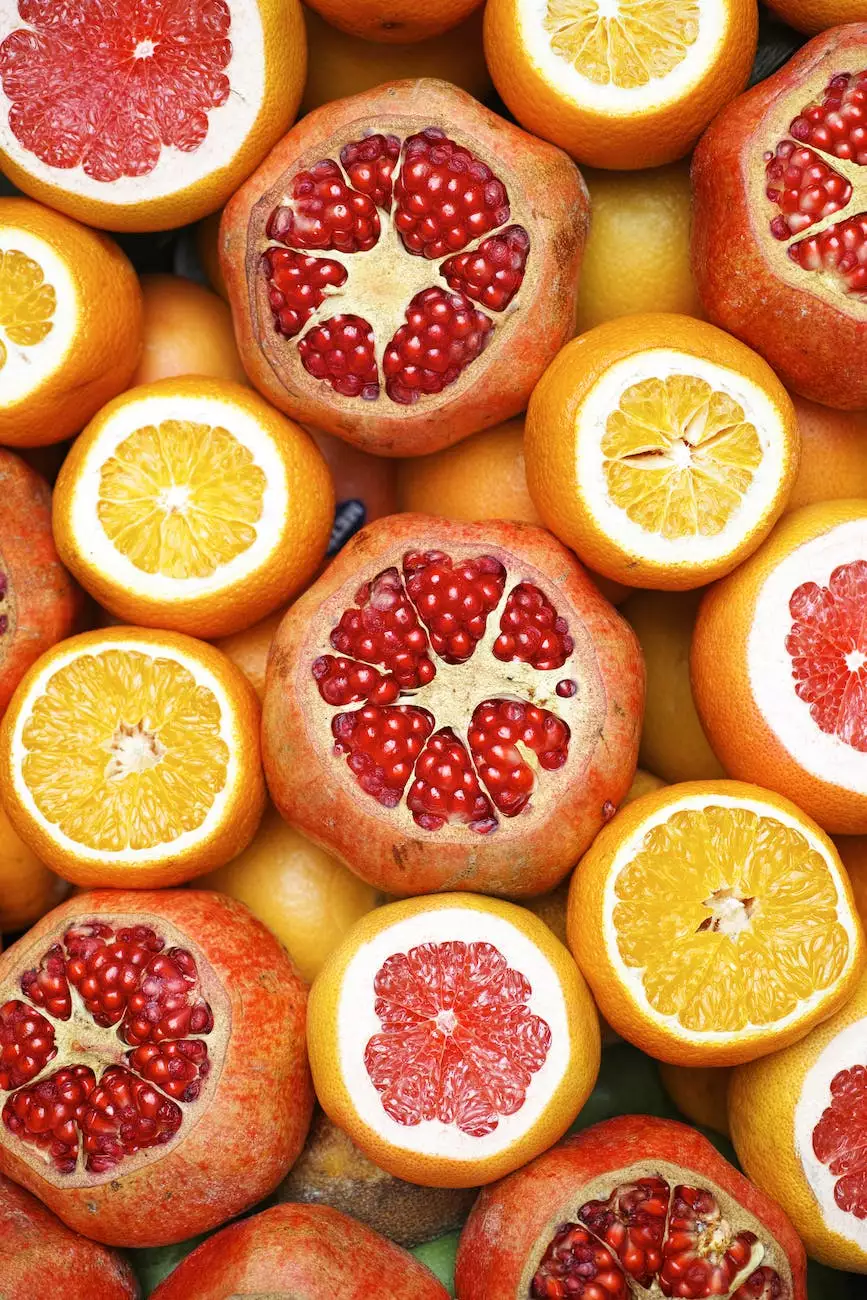濕 疹 飲食 - A Comprehensive Guide to Healthy Eating for Eczema

Introduction
Eczema is a common skin condition that affects millions of people worldwide. It is characterized by dry, itchy, and inflamed skin. While there are various treatment options available, one aspect that is often overlooked is the role of diet in managing eczema.
The Impact of Diet on Eczema
The food we consume plays a significant role in our overall health, and this extends to our skin as well. Several food items can trigger or worsen eczema symptoms, while other dietary choices can help alleviate and manage the condition. This article aims to provide comprehensive guidance on the best diet for individuals dealing with eczema.
1. Identifying Trigger Foods
One of the first steps in managing eczema through diet is identifying trigger foods. Trigger foods can vary from person to person, but common culprits include dairy products, gluten, nuts, soy, and eggs. It is essential to keep a food diary and monitor your skin's reaction after consuming specific foods. By isolating and eliminating trigger foods, you can significantly reduce eczema flare-ups.
2. Anti-Inflammatory Foods
Incorporating anti-inflammatory foods into your diet can be highly beneficial for eczema management. Foods rich in omega-3 fatty acids, such as fatty fish (salmon, mackerel, and sardines), flaxseeds, and chia seeds, have powerful anti-inflammatory properties that can help reduce skin inflammation. Other anti-inflammatory foods include fresh fruits and vegetables, especially leafy greens, berries, and colorful vegetables.
3. Hydration is Key
Proper hydration plays a vital role in maintaining healthy skin. Drinking an adequate amount of water throughout the day keeps your skin hydrated and helps flush out toxins from the body. Dry skin is often more susceptible to eczema flare-ups, so ensure you drink enough water daily and limit the intake of dehydrating beverages like alcohol and sugary drinks.
4. Nutrient-Rich Foods
A well-balanced diet that provides essential nutrients is crucial for supporting overall skin health and managing eczema. Include foods rich in vitamins A, C, D, and E, as well as minerals like zinc and selenium. Citrus fruits, leafy greens, nuts, seeds, and whole grains are excellent sources of these nutrients. Consider incorporating these foods into your daily meals to nourish your skin from within.
5. Probiotics for Gut Health
Research suggests a strong link between gut health and skin conditions like eczema. Probiotics, often referred to as "good bacteria," help maintain a healthy gut microbiome. Consuming probiotic-rich foods like yogurt, kefir, sauerkraut, and kimchi can support a healthy gut and potentially improve eczema symptoms. Alternatively, you may also consider taking a probiotic supplement.
6. Avoiding Irritants
Dietary choices are not the only factor to consider when managing eczema. It is equally important to avoid external irritants that can trigger flare-ups. These may include harsh chemicals in skincare products, fragrances, and certain fabrics. Opt for hypoallergenic and fragrance-free skin care products and stick to soft, breathable fabrics like cotton to minimize skin irritation.
7. Mindful Eating and Stress Reduction
Stress is known to exacerbate eczema symptoms. Incorporating stress reduction techniques like mindfulness, meditation, yoga, and deep breathing exercises can have a positive impact on your overall well-being and potentially reduce eczema flare-ups. Additionally, practicing mindful eating, which involves being present and attentive while consuming your meals, can help you make healthier food choices and promote better digestion.
Conclusion
Caring for your skin involves more than just external treatments. A holistic approach to managing eczema is essential, and a healthy diet plays a significant role. By identifying trigger foods, incorporating anti-inflammatory and nutrient-rich foods, staying hydrated, and adopting stress reduction techniques, you can effectively manage your eczema and promote healthy, radiant skin.
Remember, each individual's response to dietary changes may vary. It is always recommended to consult with a healthcare professional or a dermatologist specializing in eczema to create a personalized diet plan that suits your specific needs.
濕 疹 飲食









